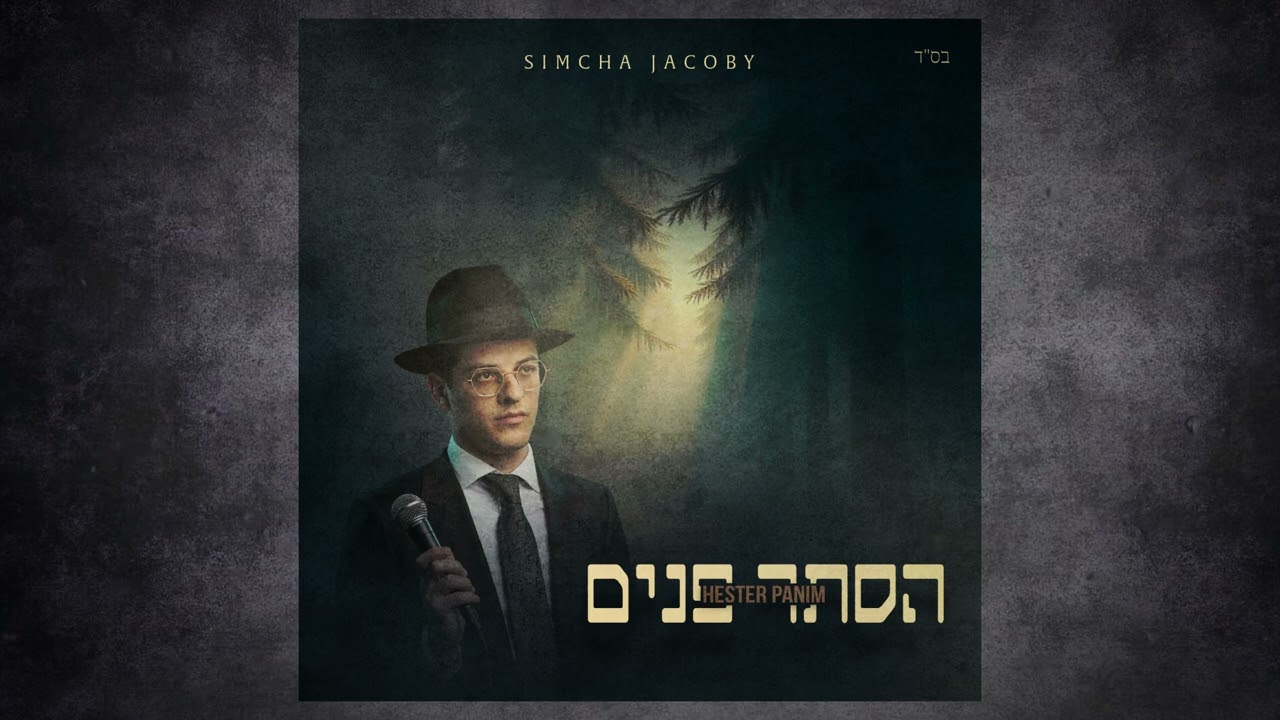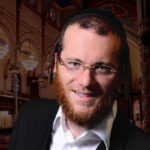Boruch Ate Zingt Der Tate Chanukah Song (Yiddish with English Subtitles)
Up Next
Shared on December 2, 2021
Ah Freilichen Chanukah dear friends!
With so many incredible Divrei Torah by our illustrious clergy, I thought I’ll stick to music ;-) After all, קבעו שיר ורננים…
First a bit about this song that I found on the Milken Archives website:
“‘Solomon Golub’s Borukh ato, zingt der tate is a setting of a poem by the famous Yiddish labor movement poet Avraham Reisin (1876–1953). The father’s expression of faith in God despite the hard conditions of his life, are typical of Reisin’s expressions of determination—though his sentiments in this regard were more politically than religiously driven. Here, this determination and optimism (“There is still something here, there remains much to love”) are renewed, if not reborn, with the experience of joy that surrounds the Hanukka celebration and his kindling of the Hanukka lights. For him, the sounds of Hanukka b’rakhot and songs, far from referring to something “long forgotten,” represent a modern analogy to the ancient Maccabean struggle, which, in the father’s sensibilities, is not a modern-day struggle for religious freedom, but a working-class struggle for economic and social justice. Thus he intuits in the Hanukka story a measure of holiness.”
There is an obvious and apparent parallel between this song and the more famous Mi Yemalel. In both, a religious text, theme, and ritual are extrapolated–almost contorted–to something less ‘holy’ and less religious but more about human heroism and nationalistic determinism.
Two years ago, on this forum, we explored the origins of Maoz Tzur and concluded that it is taken from a Lutheran choral. We discussed how this is acceptable and why it seems to stick so strongly no matter how many talented musicians have tried introducing new tunes for this central poem of Chanukah. In a word, the fight for Judaism over Hellenism was a philosophical and cultural one. Greek science, art, rationalism was a real threat. Up until the Chanukah miracle, anything remotely related to Hellenism was to be fiercely rejected. After we won and outlined our boundaries and differences–our moral superiority over their value system–only then could we appreciate their intellectual contributions.
In the same vein, the mitzvah of Ner Chanukah is the first time we decided to create our own mitzvah using our sechel (intuition) without prophetic revelation. By instituting this new mitzvah the sages seem to be taking a page out of the book of Greek rationalism–because now they could. The fight was won ,and the danger has passed. I think this same logic can be applied to Mi Yemalel and Borukh Ate.
Enjoy!
With so many incredible Divrei Torah by our illustrious clergy, I thought I’ll stick to music ;-) After all, קבעו שיר ורננים…
First a bit about this song that I found on the Milken Archives website:
“‘Solomon Golub’s Borukh ato, zingt der tate is a setting of a poem by the famous Yiddish labor movement poet Avraham Reisin (1876–1953). The father’s expression of faith in God despite the hard conditions of his life, are typical of Reisin’s expressions of determination—though his sentiments in this regard were more politically than religiously driven. Here, this determination and optimism (“There is still something here, there remains much to love”) are renewed, if not reborn, with the experience of joy that surrounds the Hanukka celebration and his kindling of the Hanukka lights. For him, the sounds of Hanukka b’rakhot and songs, far from referring to something “long forgotten,” represent a modern analogy to the ancient Maccabean struggle, which, in the father’s sensibilities, is not a modern-day struggle for religious freedom, but a working-class struggle for economic and social justice. Thus he intuits in the Hanukka story a measure of holiness.”
There is an obvious and apparent parallel between this song and the more famous Mi Yemalel. In both, a religious text, theme, and ritual are extrapolated–almost contorted–to something less ‘holy’ and less religious but more about human heroism and nationalistic determinism.
Two years ago, on this forum, we explored the origins of Maoz Tzur and concluded that it is taken from a Lutheran choral. We discussed how this is acceptable and why it seems to stick so strongly no matter how many talented musicians have tried introducing new tunes for this central poem of Chanukah. In a word, the fight for Judaism over Hellenism was a philosophical and cultural one. Greek science, art, rationalism was a real threat. Up until the Chanukah miracle, anything remotely related to Hellenism was to be fiercely rejected. After we won and outlined our boundaries and differences–our moral superiority over their value system–only then could we appreciate their intellectual contributions.
In the same vein, the mitzvah of Ner Chanukah is the first time we decided to create our own mitzvah using our sechel (intuition) without prophetic revelation. By instituting this new mitzvah the sages seem to be taking a page out of the book of Greek rationalism–because now they could. The fight was won ,and the danger has passed. I think this same logic can be applied to Mi Yemalel and Borukh Ate.
Enjoy!
Report this video
More videos from Yaakov Lemmer
Latest Videos

Yosef Gestetner – Shema Bni [Acoustic Live Version]
Yosef Gestetner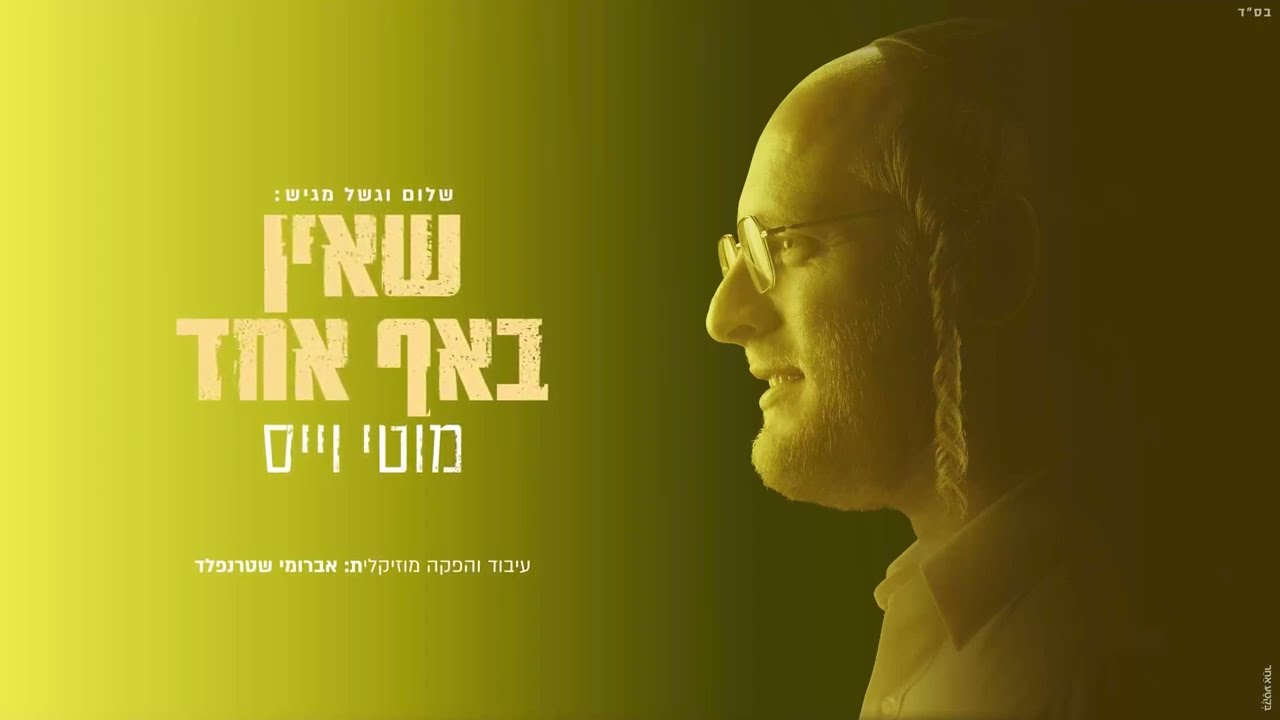
מוטי וייס – שאין באף אחד | Motty Weiss – She’ein Be’af Echad
Moti Weiss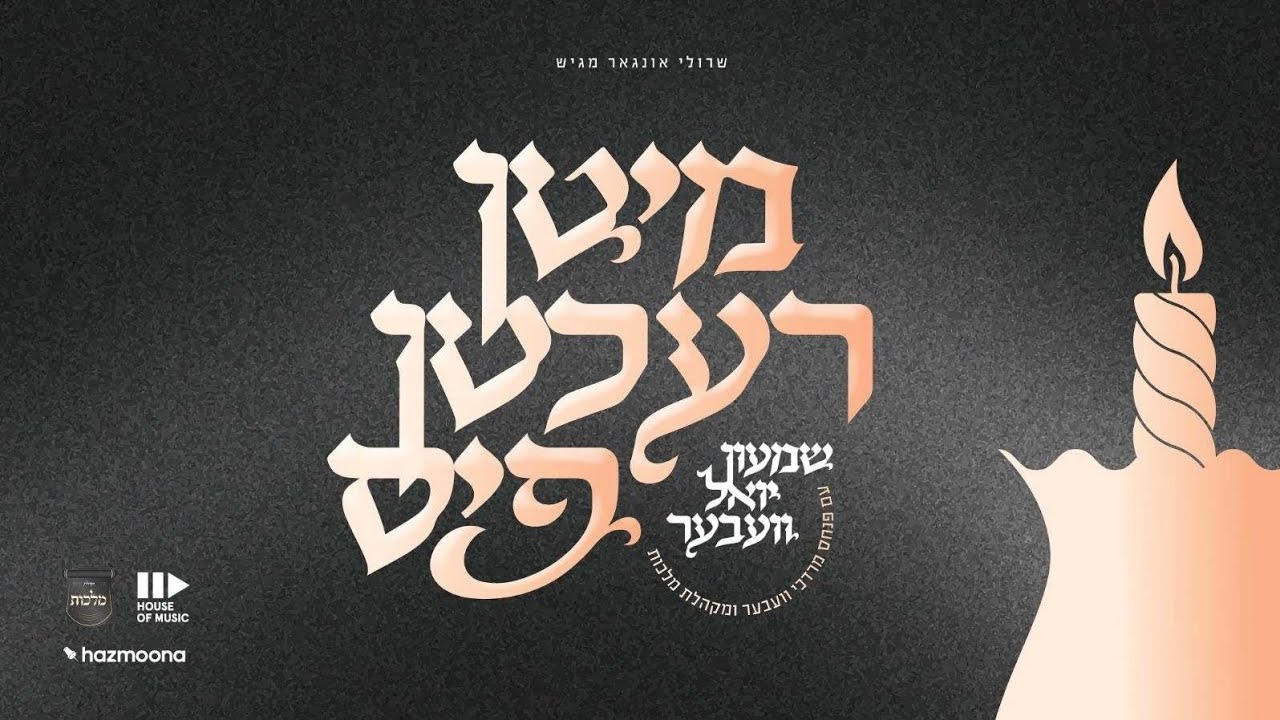
מיטן רעכטן פיס – שמעון יואל וובער & פינקי וובער, מקהלת מלכות | Malchus Choir
Malchut Choir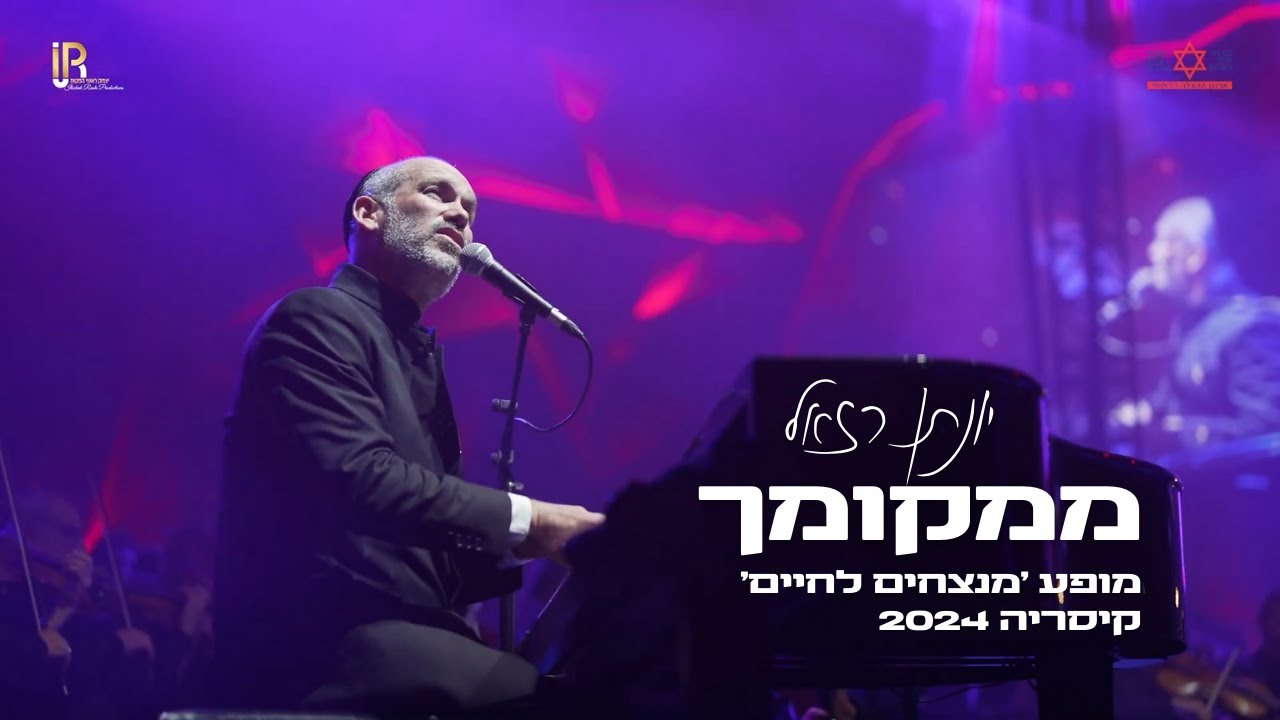
יונתן רזאל – ממקומך Live | מופע הצדעה למגן דוד אדום | קיסריה 2024
Yonatan Razel
עמירן דביר והלהקה – חתונה ב״האחוזה״ – מודיעין | AMIRAN DVIR & BAND
Amiran Dvir
One Note Niggun – Joey Newcomb & Mendy Hershkowitz Band | ניגון תו אחד – ג’ואי ניוקם & מנדי הרשקוביץ
Mendy Hershkowitz Band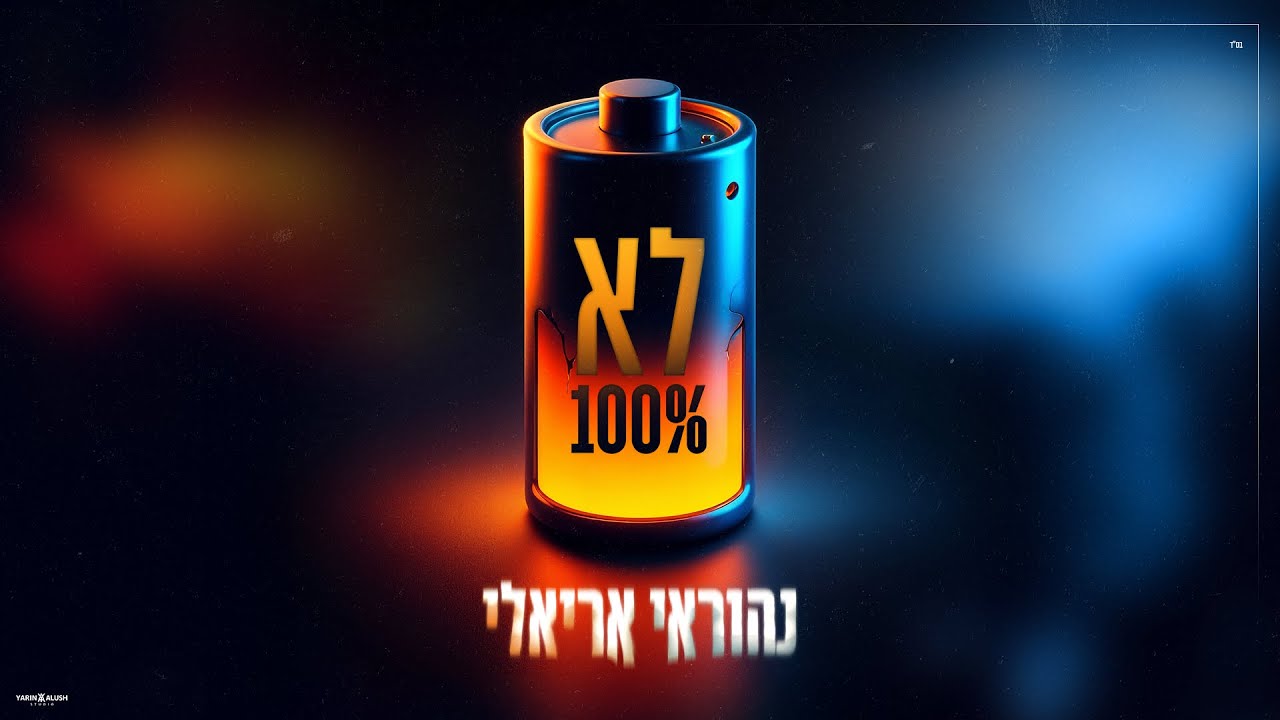
נהוראי אריאלי – לא 100%
Nehoray Arieli
Ari Lesser – L’Chaim!
Ari Lesser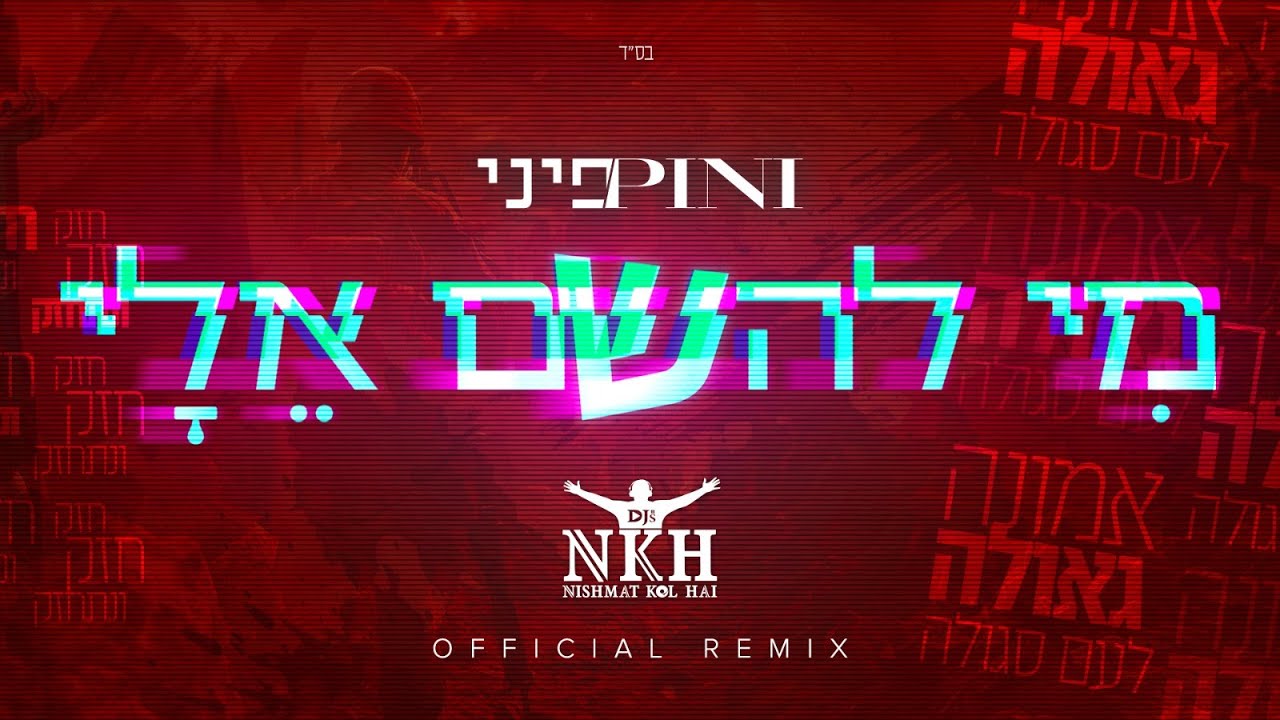
פיני איינהורן – מי להשם אלי הרמיקס הרשמי | Pini Einhorn (Official Remix by Dj Nishmat Kol Hai)
Pini Einhorn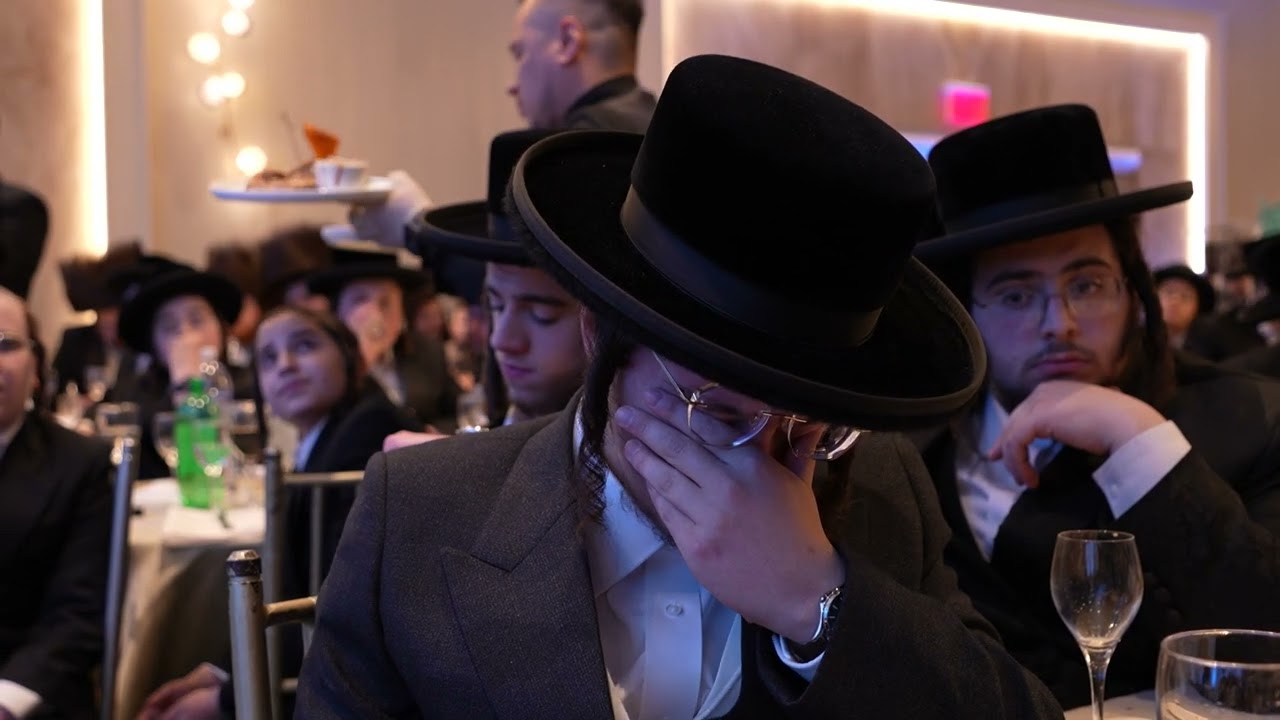
Motty Ilowitz, Event for Goldstein Family Lost in Fire – מאטי אילאוויטש, הכנסת ספר תורה גאלדשטיין
Motty Ilowitz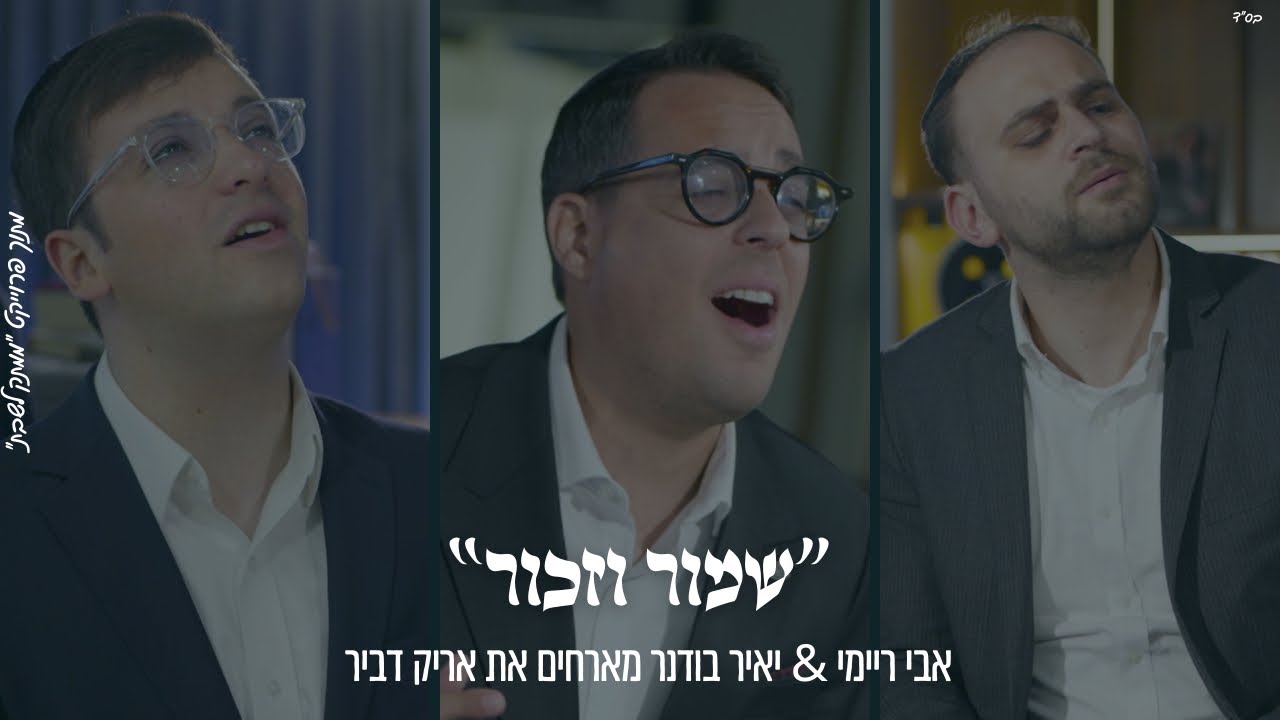
“שמור וזכור” אבי ריימי & יאיר בודנר מארחים את אריק דביר מתוך פרוייקט “ממתק לשבת”
Yair & Avi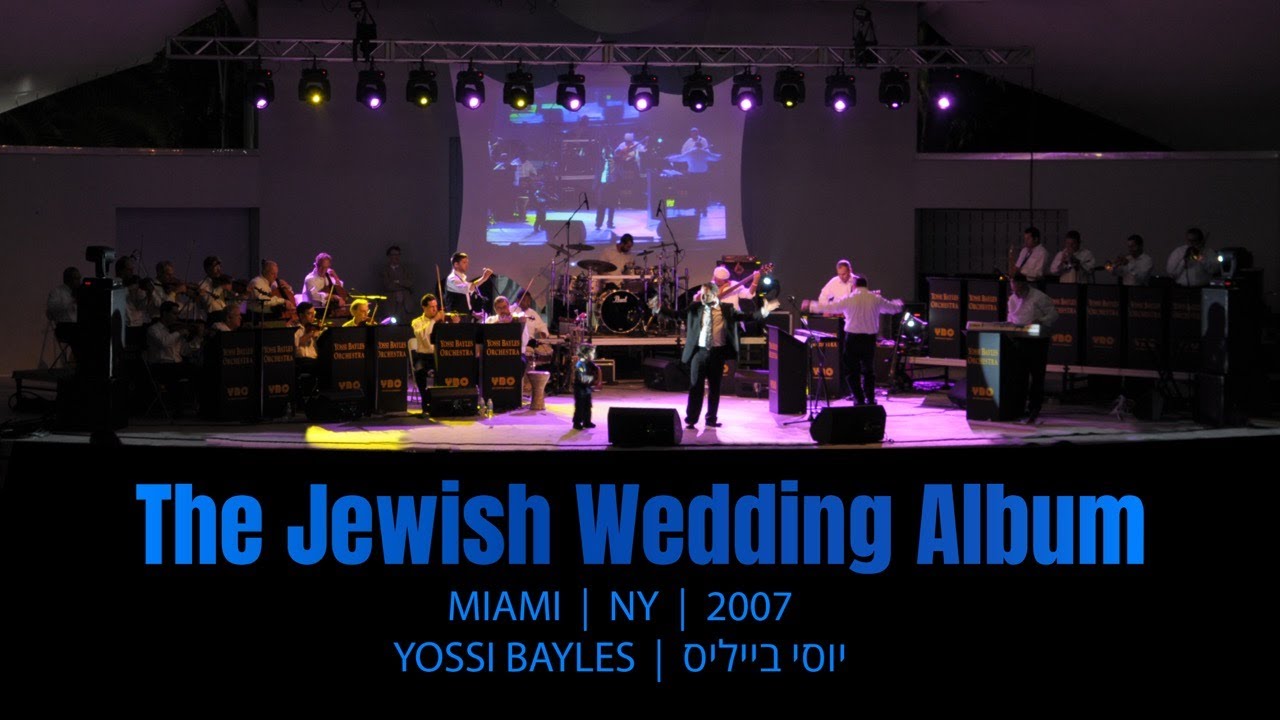
The Jewish Wedding Album 2007 | Vnoh | Moriyah | Yossi Bayles
Yossi Bayles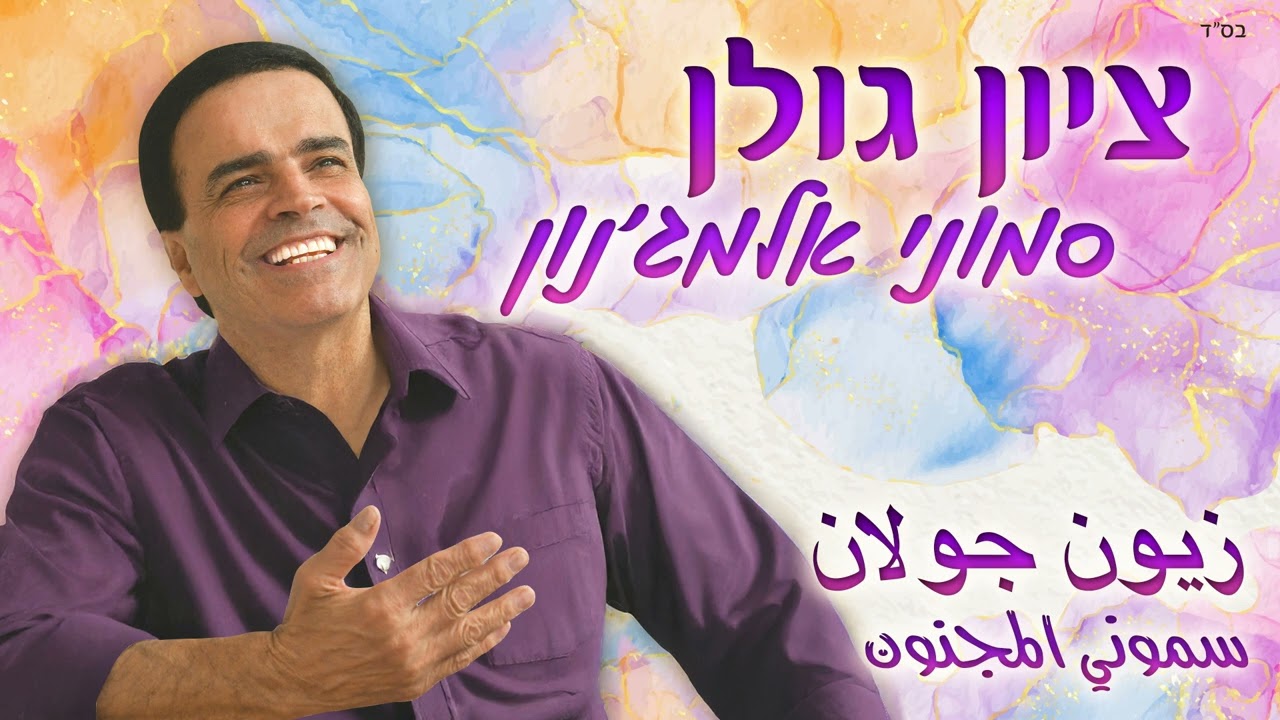
ציון גולן – סמוני אלמג’נון
Tzion Golan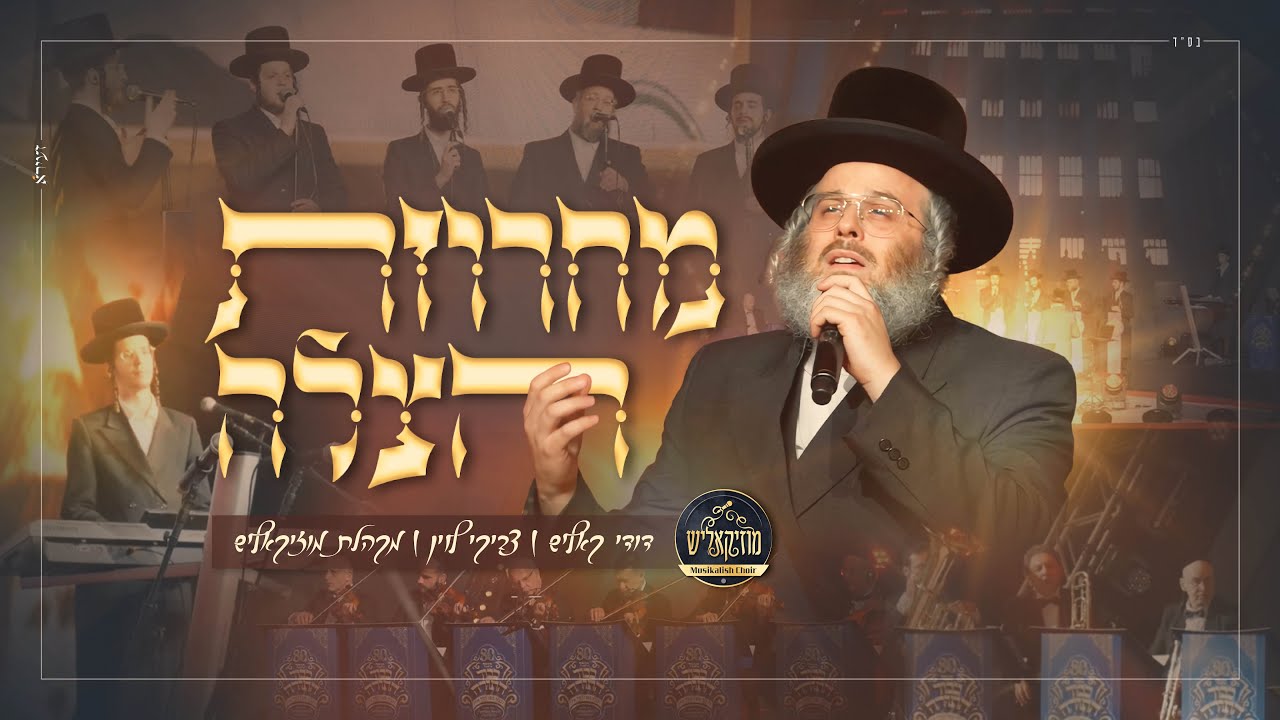
דודי קאליש, צביקי לוין, מקהלת מוזיקאליש – מחרוזת ההצלה בעלזא | Dudi Kalish & Musikalish choir
Dudi Kalish
אודי דמארי – מחר (prod by udi damari)
Udi Damri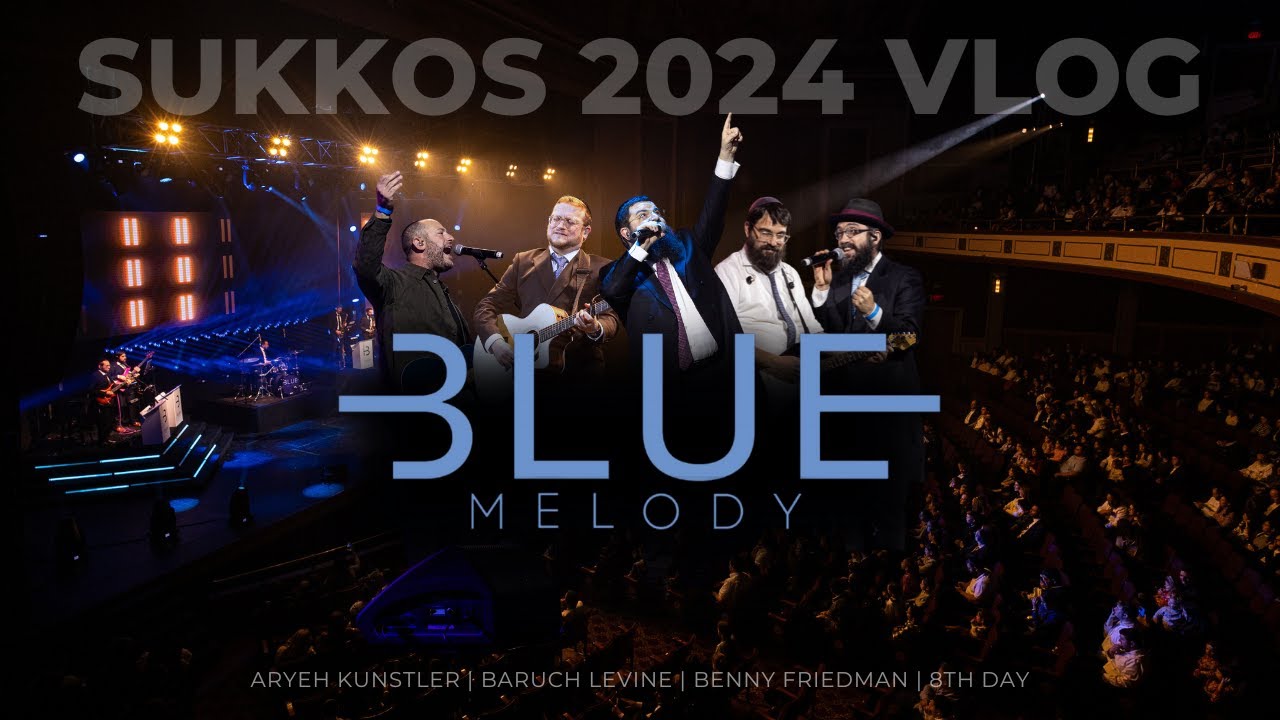
Blue Melody Sukkos ’24 Vlog – Benny Friedman, Baruch Levine, 8th Day & Aryeh Kunstler
Blue Melody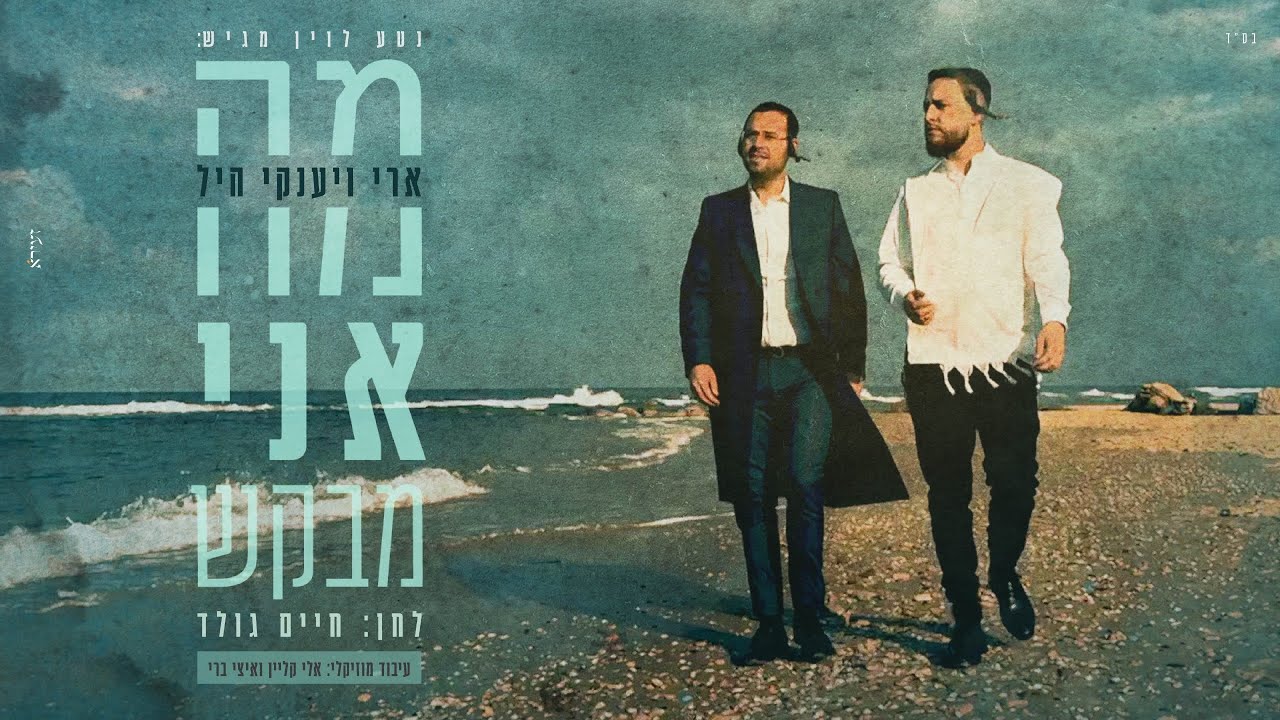
ארי היל & יענקי היל – מה אני מבקש | Ari & Yanky Hill – Ma ani mevakesh
Ari Hill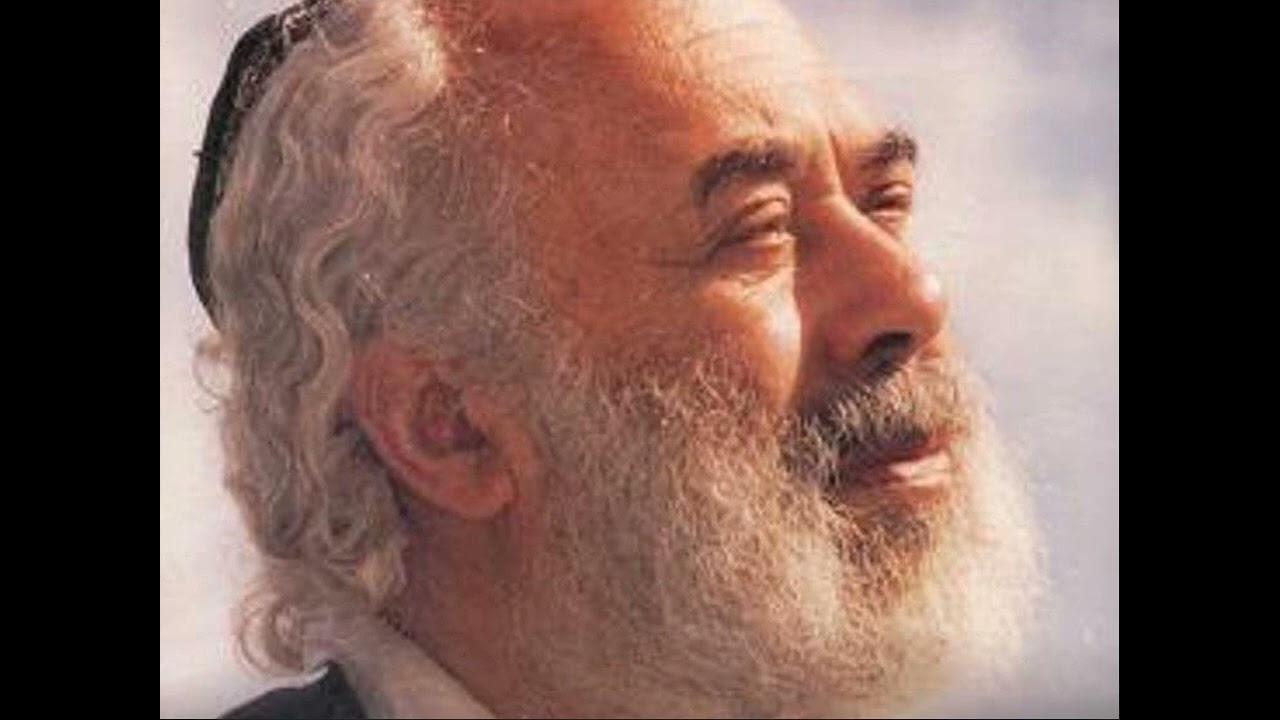
Teka Beshofar Gadol – Clean Sound – Rabbi Shlomo Carlebach – תקע בשופר גדול – נקי – רבי שלמה קרליבך
Shlomo Carlebach